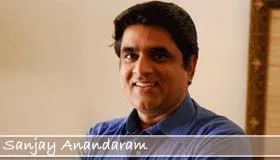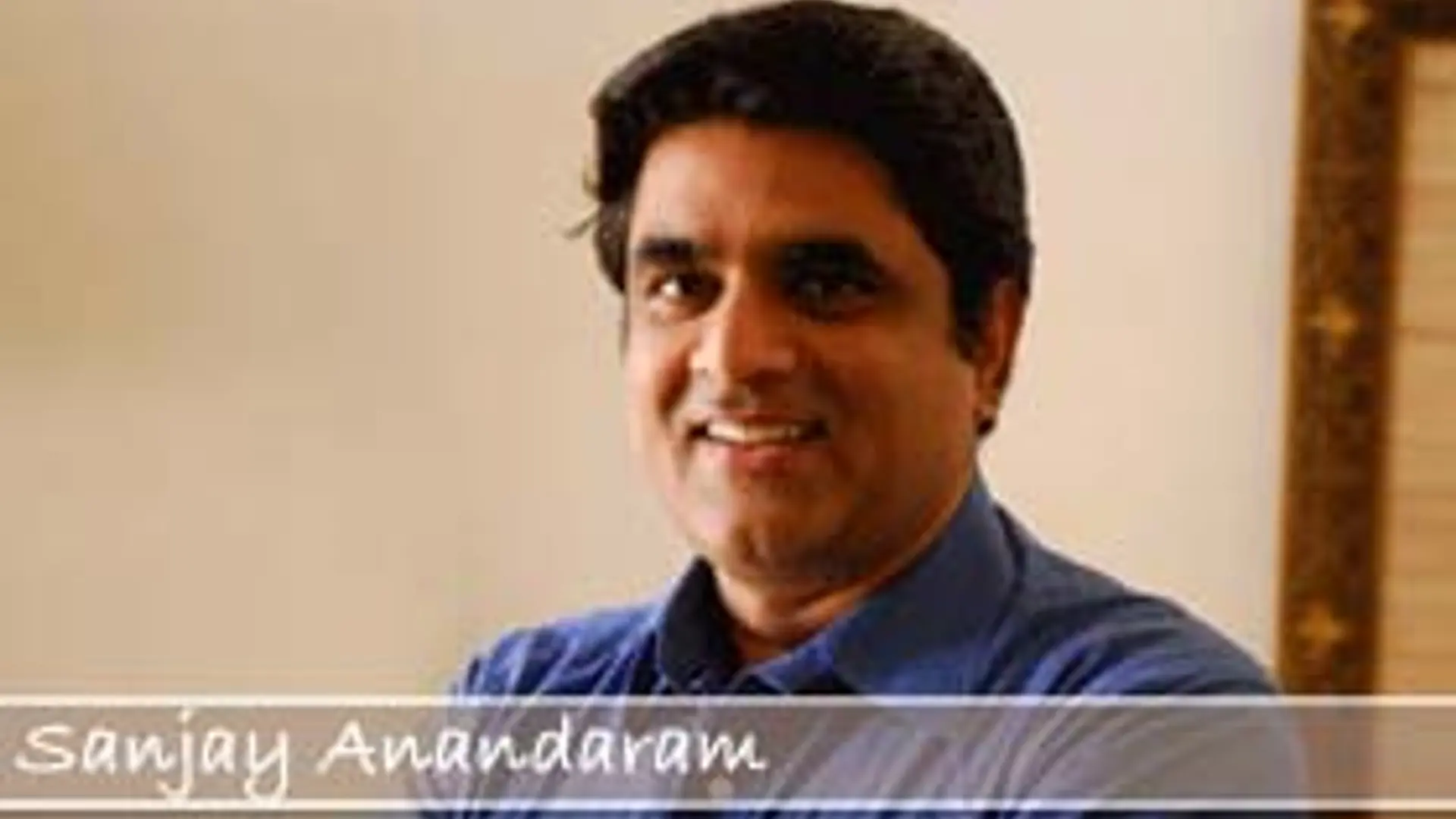The Real Reforms: Is Anyone Listening?

“I’m moving my company to Singapore”, said the CEO of an innovative startup. The company had developed sophisticated imaging and vision products using proprietary technology that would be of great benefit to the defence forces. The company was based in Bangalore where the design and development got done, components were sourced from overseas, manufacturing and assembly got done partly in India and partly overseas. The final product was Indian and competed more than favourably against competition from Israel and some other countries. However, given procurement policies, products from foreign companies were cheaper, received payments far more smoothly whereas the Indian company had to pay duties and taxes on imports (set-offs for these duties too forever to materialize) and had to constantly follow up for several months to get their bills cleared. Of course, that this company didn’t employ “consultants” who could help smoothen the process didn’t help matters. Hence the move to Singapore where the product would get built and shipped to India as a foreign product against a LC (letter of credit) issued by the purchasing entity in India!
Another entrepreneur, similar tale. Upon following up for months to get his payment, he was advised to divide his invoice into two parts in future: one for which payment would be made in US Dollars since it was imported and another for the Indian components of the final product. The US Dollar invoice would get paid via a LC while the Rupee invoice would get paid in due course. The only problem – the US Dollar invoice was only 30% of the overall price! Of course, this entrepreneur too wasn’t willing to inflate invoices and continued to suffer.
In another case, upon filing for the registration of his new company with the Registrar of Companies (RoC), the entrepreneur was informed, after a few weeks of course, that the registration request had been rejected as the name he had selected had “venture fund” in it and therefore required to be approved by the concerned department in Delhi. Not wanting to get into that black hole, the entrepreneur decided to re-file with just “fund” in the company’s name. After some more weeks, another rejection letter ensued. Upon again following up with the RoC, he was told that “fund” didn’t quite explain what the company did! Exasperated and harried as almost 7 weeks had elapsed, he asked the RoC for his suggestion. Finally, after almost 9 weeks, he got the “fund advisors” approved as the suffix. Another entrepreneur’s application got rejected since in the opinion of the RoC, the selected name sounded made up! The entrepreneur had to take a dictionary to the RoC to show them the name actually meant something in the English language!
These are but four examples of the kinds of absolutely irrational, meaningless, unfriendly, opaque bureaucratic policies that plague our system. Is it any wonder then that mind numbing corruption takes hold?
There are all kinds of approvals and permits and registrations required to set up a business. The Political and Economic Risk Consultancy based in Hong Kong in a January 2012 report said India’s bureaucracy is the worst in Asia – no surprise to anyone! According to a November 1st 2011 Wall Street Journal article, “India ranks among the world's worst countries at encouraging entrepreneurs. For ease of starting a business, India is 166th out of 183 countries, just ahead of Angola, according to World Bank figures released recently. Only one country, Timor-Leste, is worse at enforcing contracts.” According to the World Bank “Doing Business” publications, India ranks an abysmal 132 out of 183 countries in “ease of doing business’ and where, among other notable dismal indicators, it takes, on average 7 years to close a business and 1,420 days to enforce a contract and where the cost of starting a business is 46.8% of per capita income!
Given this pathetic state of affairs, one can only stand up and salute the intrepid Indian entrepreneur who perseveres with fortitude in spite of the best efforts of bureaucracy, corrupt officials and maddening policies. India’s small firms add about 3.3 million jobs each year but with over 15million people entering the job market each year, entrepreneurs can and should be playing a critical role in India’s economy.
The two fundamental and critical reforms namely, (a) administrative, to dramatically simplify, empower and make transparent rules of engagement and (b) legal, to enforce the sanctity of contracts and the rule of law in a speedy impartial manner are still pending in spite of the recommendations of umpteen committees over past decades. Real reforms in these two areas alone will unleash the energies of entrepreneurs and take India on a different trajectory.
Is anyone listening?







